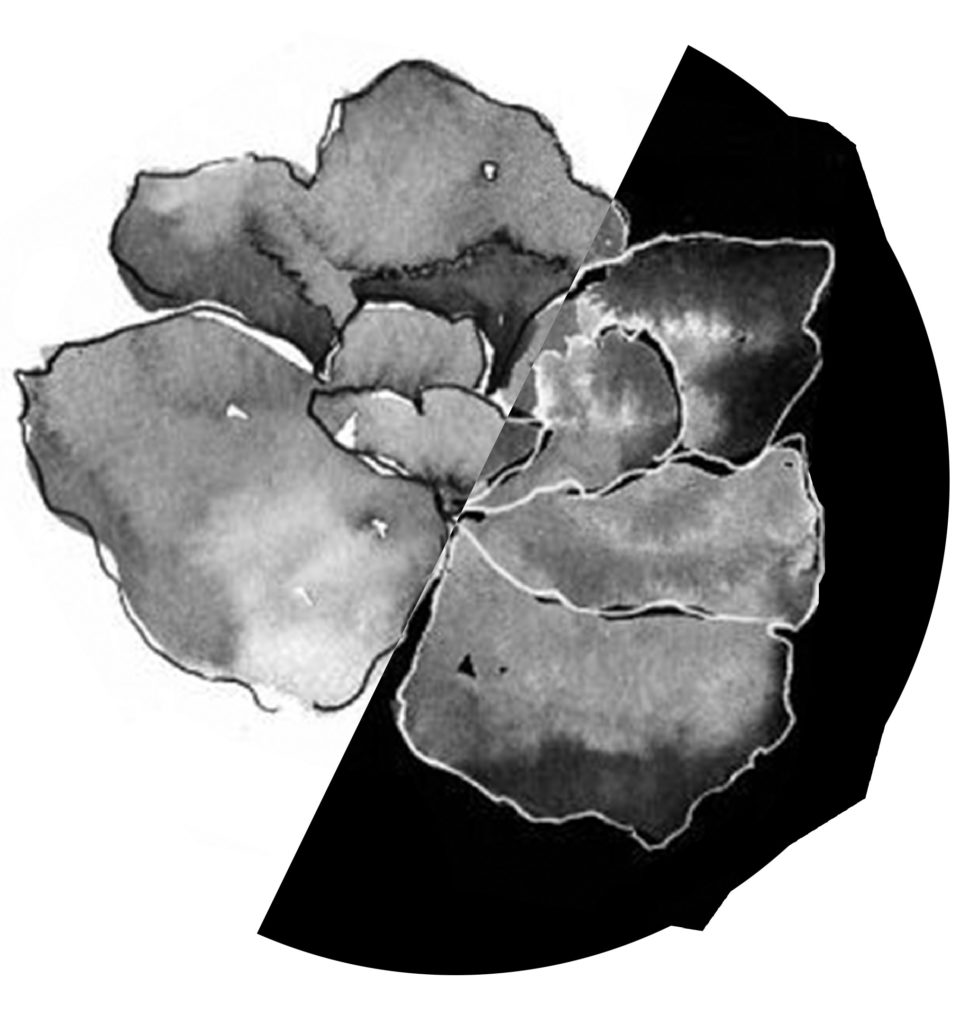
Hi, I’m Ajey.
Welcome to my corner of the internet.
I am a computer scientist with a bent for poetry. Currently, I am pursuing a PhD in Artificial Intelligence at the University of Amsterdam and I conduct my research at the Netherlands Cancer Institute. Previously, I finished my masters degree in Electrical Engineering at the Indian Institute of Technology, Delhi.
Here, you will learn everything about my research, podcasts and my books.
Current Research
Currently, I am pursuing my PhD at the University of Amsterdam and the Netherlands Cancer Institute.
I develop deep learning algorithms for biomarker discovery in clinical histopathology of women’s cancers.
With deep learning, I study:
1. The microenvironment of invasive lesions in routine H&E stained whole slide images of breast resections to identify prognostic phenotypes and stratify patients for disease recurrence and treatment outcome.
2. The unique morphological features in ovarian cancers that indicates the presence of a specific genetic mutation to select high-risk patients groups for PARP-inhibition treatment.
3. Methodological improvements in AI systems to overcome data limitations.
4. The systematic and reliable implementation of deep learning systems in routine clinical diagnostics.
I am being supervised by Dr. Jonas Teuwen who leads the AI for Oncology group, Dr. Hugo Horlings who heads the computational pathology group at the NKI and Dr. Clarisa Sanchez who is a full professor for AI in health at University of Amsterdam.
You can find more about my work in the websites of the laboratories I’m associated with:
Previous Research
During the course of my master’s degree, I have helped develop a novel histopathology dataset of the human duodenum at AIIMS – New Delhi. The primary focus of my research was to segment special tissue regions and localise them in a duodenal biopsy where some meaningful diagnosis can be made.
My masters thesis was awarded GPA 10.00 for developing novel self-supervised learning methods to improve the performance of segmentation models.
Find the final thesis here.

Experience
After I finished my bachelors degree from Nitte University in 2018, I had a brief stint as an R&D engineer at Skanray Healthcare in Mysore, India. I was a hardware-firmware designer for critical care ventilators.
During my time there, I designed power delivery systems, sensory acquisition and pneumatic control systems for a turbine-based ventilator.
Soon after, I moved to Delhi to pursue my master’s at IIT-Delhi. Here, my research focus was on the application of Deep Learning to general healthcare applications like smart prosthetics and medical image analysis.
Currently, I am pursuing my PhD by developing computer vision algorithms using deep learning for cancer detection in women.